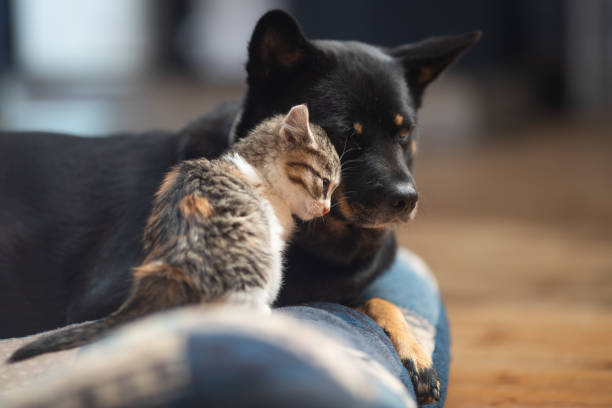Cat Litter Safety For Anticipating Mothers.
Cat Litter Safety For Anticipating Mothers.
Blog Article

Anticipating a child is a joyous celebration, but it likewise includes a myriad of responsibilities and factors to consider, especially for family pet owners. Among the numerous issues that develop throughout pregnancy, one that frequently flies under the radar is the concern of cat litter. While relatively harmless, cat litter can position threats to pregnant women and their unborn children if not handled correctly. In this post, we look into the vital details every expectant mother who owns a feline needs to know to guarantee a safe and healthy pregnancy.
The main worry about cat litter during pregnancy depends on its association with toxoplasmosis, a parasitic infection brought on by the Toxoplasma gondii parasite. Cats, particularly those who hang out outdoors, can become infected with this parasite by searching and consuming contaminated prey or by coming into contact with polluted soil. As soon as contaminated, cats can shed the parasite in their feces for a short duration, normally one to two weeks, which is when they become providers of the illness.
Toxoplasmosis itself may not cause any symptoms in healthy individuals, but it can have serious effects for pregnant women and their unborn babies if contracted during pregnancy. The parasite can be transferred to human beings through accidental ingestion of contaminated cat feces, soil, or undercooked meat including the parasite's cysts. In pregnant ladies, toxoplasmosis can cause miscarriage, stillbirth, or genetic disabilities in the baby, such as hearing loss, vision impairment, or intellectual impairments.
Provided the prospective risks connected with toxoplasmosis, pregnant females are typically encouraged to take preventative measures when managing cat litter. Here are some essential steps to minimize the risk of infection:
If possible, ask a partner, relative, or friend to take over the job of cleaning up the litter box throughout pregnancy. This lowers direct exposure to feline feces, decreasing the threat of infection.
If you need to clean up the litter box yourself, wear disposable gloves and a mask to prevent direct contact with the feces and inhalation of airborne particles.
Ensure the litter box is cleaned daily. The Toxoplasma gondii parasite needs a duration of one to 5 days to become contagious after being shed in cat feces. Prompt elimination of feces decreases the opportunity of transmission.
After managing cat litter or cleaning up the litter box, wash your hands thoroughly with soap and water to remove any possible contamination.
Avoid gardening or dealing with soil, particularly without gloves, as it may contain Toxoplasma gondii cysts from feline feces.
To minimize the danger of contracting toxoplasmosis from food, ensure all meat is prepared completely Litter Box Liners to kill any parasites present.
n addition to taking safety measures when dealing with cat litter, pregnant women might likewise consider switching to alternative litter alternatives that posture minimal risk. Here are some options to standard clay-based cat litter:
Silica gel litter is extremely absorbent and effectively manages smell. It positions a lower risk of harboring parasites compared to clay-based litter.
Litters made from natural products such as recycled paper, wood pellets, or corn are naturally degradable and eco-friendly. These litters are generally thought about safe for pregnant ladies to handle.
Litters originated from plant-based materials like wheat, corn, or pine use an environment-friendly alternative to traditional clay litter. They are complimentary from harmful chemicals and are safe for pregnant females and their animals.
Similar to any concerns during pregnancy, it's cat litter pellets important to consult your doctor for individualized guidance and suggestions. If you have any questions or unpredictabilities regarding cat litter and its prospective risks, do not hesitate to discuss them with your obstetrician or midwife. They can offer assistance tailored to your specific situations and assist ease any concerns you may EcoFriendly Litter Boxes have.
While owning a feline can bring enormous pleasure and companionship, it's necessary for pregnant women to be familiar with the potential dangers associated with cat litter and take suitable precautions to protect their health and the health of their coming child. By following easy standards and seeking assistance from health care service providers, expectant moms can navigate this aspect of pet ownership safely and delight in a carefree pregnancy alongside their feline buddies.